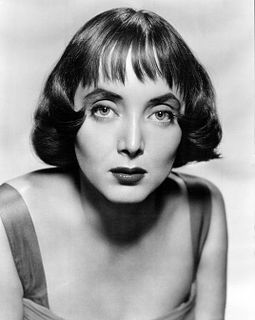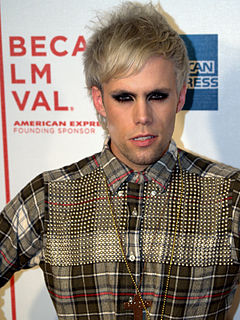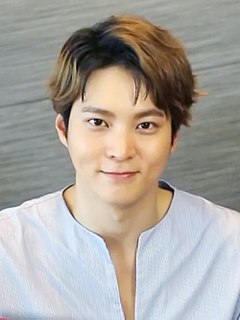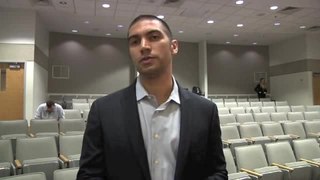A Quote by David Lynch
Stories have tangents; they open up and become different things. You can still have a structure, but you should leave room to dream. If you stay true to your ideas, filmmaking becomes an inside-out, honest kind of process. And if it's an honest thing for you, there's a chance that people will feel that, even if it's abstract.
Related Quotes
It is possible that the scrupulously honest man may not grow rich so fast as the unscrupulous and dishonest one; but the success will be of a truer kind, earned without fraud or injustice. And even though a man should for a time be unsuccessful, still he must be honest: better lose all and save character. For character is itself a fortune. . . .
Life holds many, many, many mysteries, abstract things we all think about. In a film when things get abstract, some people don't appreciate that and they want to leave the theater. Others love to dream, get lost, try to figure things out. I'm one of those people. I like a film, a story that holds concrete things but also abstractions. So when ideas come along that have those things, I'm falling in love and going to work.
We are living in complex, difficult times and I wanted Syriana to reflect this complexity in a visceral way, to embrace it narratively. There are no good guys and no bad guys and there are no easy answers. The characters do not have traditional character arcs; the stories don't wrap up in neat little life lessons, the questions remain open. The hope was that by not wrapping everything up, the film will get under your skin in a different way and stay with you longer. This seemed like the most honest reflection of this post 9-11 world we all find ourselves in.
Just go into the room, sit in the centre of the room, open the doors and windows, and see who comes to visit.
You will witness all kinds of scenes and actors, all kinds of temptations and stories, everything imaginable.
Your only job is to stay in your seat.
You will see it all arise and pass, and out of this, wisdom and understanding will come.
I've actually found - especially doing my cabaret show - I'm connecting with people in a way I haven't connected with them. I've found that when you're open and honest, people respond to that, whatever you're being open and honest about. You could then, when you lay that as the groundwork, say, "Here I am. This is what I think. I come in peace." Then you're able to push out, to be able to talk about more things. And that's been a really heartening thing about my life, actually.
Separate out the creative act from the act of editing and execution. Make it a two-step process. First, let ideas flow and encourage EVERY idea to make it to the whiteboard. Don't criticize, judge, edit, budget, or worry. An idea on the wall can't hurt anyone, so let them rip without restriction. After any and all ideas have the opportunity to "come out to play", only then should you apply your analytical and logical side to the effort. Don't mix the creative process with the editing process or you'll kill your ideas before they even get a fighting chance.
One of the hardest things for me to do is be fully open in a poem. By that I mean, honest and not trying to amplify some mythological version of myself. I was a poor, geeky black kid in Indianapolis. There is nothing mythological about that. So to try to truly render the kind of economic and racial inequity I grew up in, I had to find a way to be more honest about what happened. And it wasn't fun to write, even though the poems aren't 100% autobiographical.
Not everyone is okay with living like an open wound. But the thing about open wounds is that, well, you aren't ignoring it. You're healing; the fresh air can get to it. It's honest. You aren't hiding who you are. You aren't rotting. People can give you advice on how to heal without scarring badly. But on the other hand there are some people who'll feel uncomfortable around you. Some will even point and laugh. But we all have wounds.





































